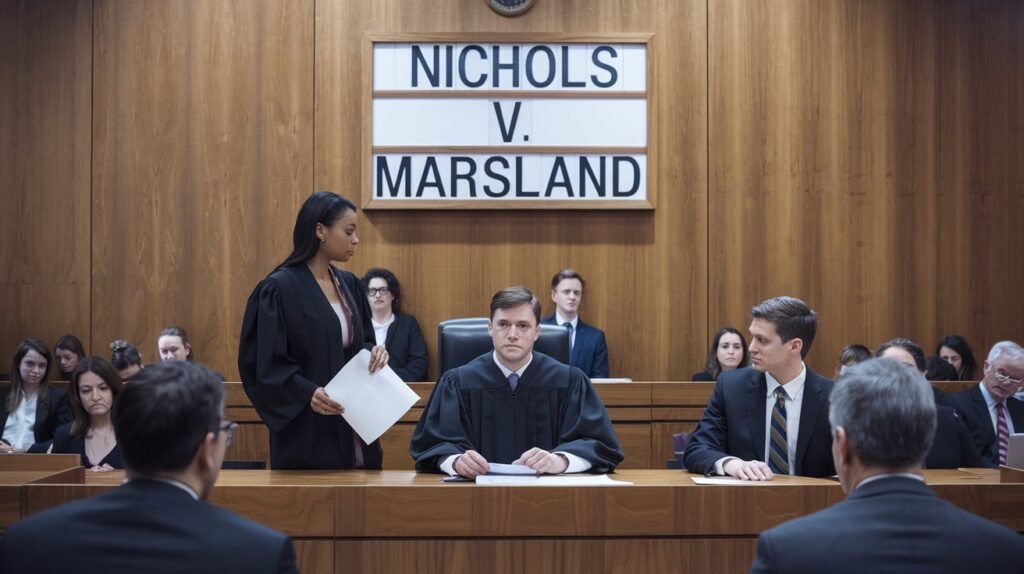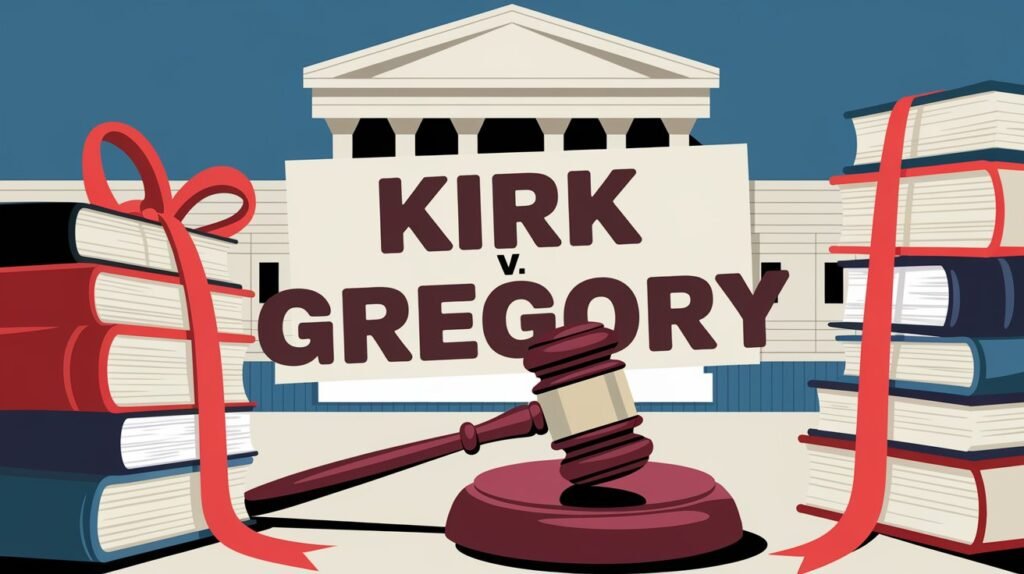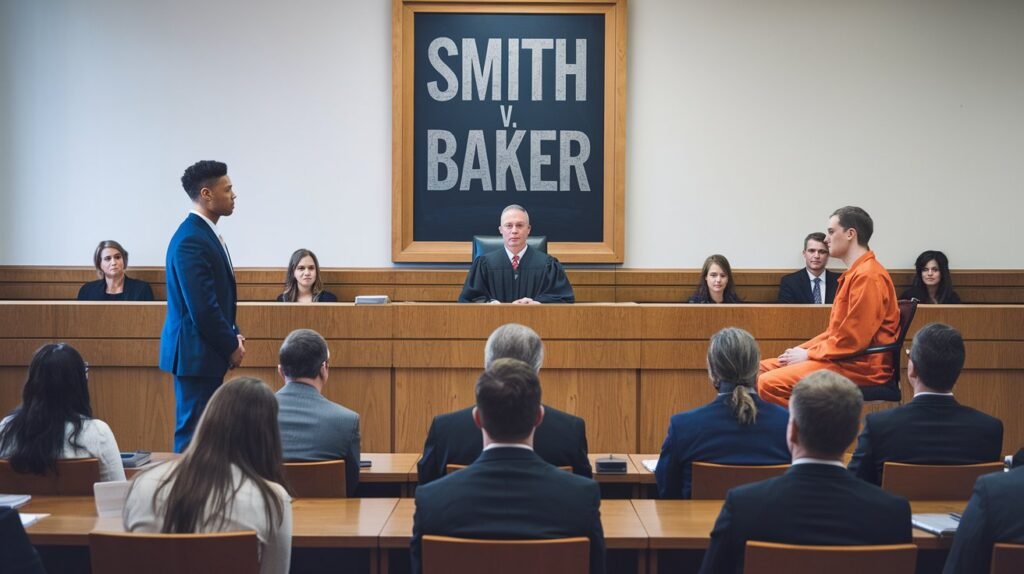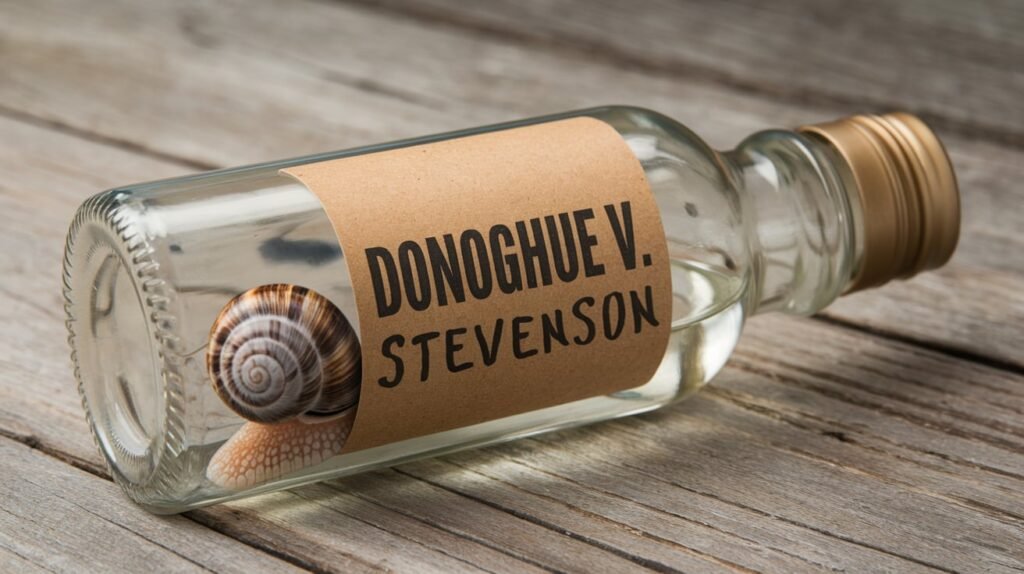Derry V. Peek 1889 (Case Summary)

This case established the principle that liability for fraudulent misrepresentation arises only when a false statement is made knowingly, without belief in its truth, or recklessly, without caring whether it is true or false.
Table of Contents
ToggleFacts of Derry v Peek
- The defendant company issued a prospectus claiming that their tramways would operate using steam power, subject to obtaining necessary government approval.
- The company honestly believed that government approval was a mere formality, but their application was ultimately denied.
- Relying on this prospectus, Derry, the plaintiff, purchased shares in the company and suffered financial loss when the company failed to implement the promised system.
- Derry sued for fraudulent misrepresentation, alleging that the statement in the prospectus was false and misleading.
Issues framed
- Whether a false statement made in honest belief of its truth constitutes fraudulent misrepresentation?
- What constitutes fraudulent intent under the law of misrepresentation?
Judgment of Derry v Peek
The case examined the principles of fraudulent misrepresentation and the requisite intent to establish liability.
The court held that fraud requires a false statement to be made knowingly, without belief in its truth, or recklessly, without caring whether it is true or false. Honest belief, even if mistaken, negates fraudulent intent and does not constitute fraud. The defendant’s statement in the prospectus, though incorrect, was made in the honest belief that government approval was assured.
The House of Lords ruled in favor of the defendants, dismissing the claim of fraudulent misrepresentation. Lord Herschell stated, “To sustain an action for deceit, there must be proof of fraud, and nothing short of that will suffice.”





